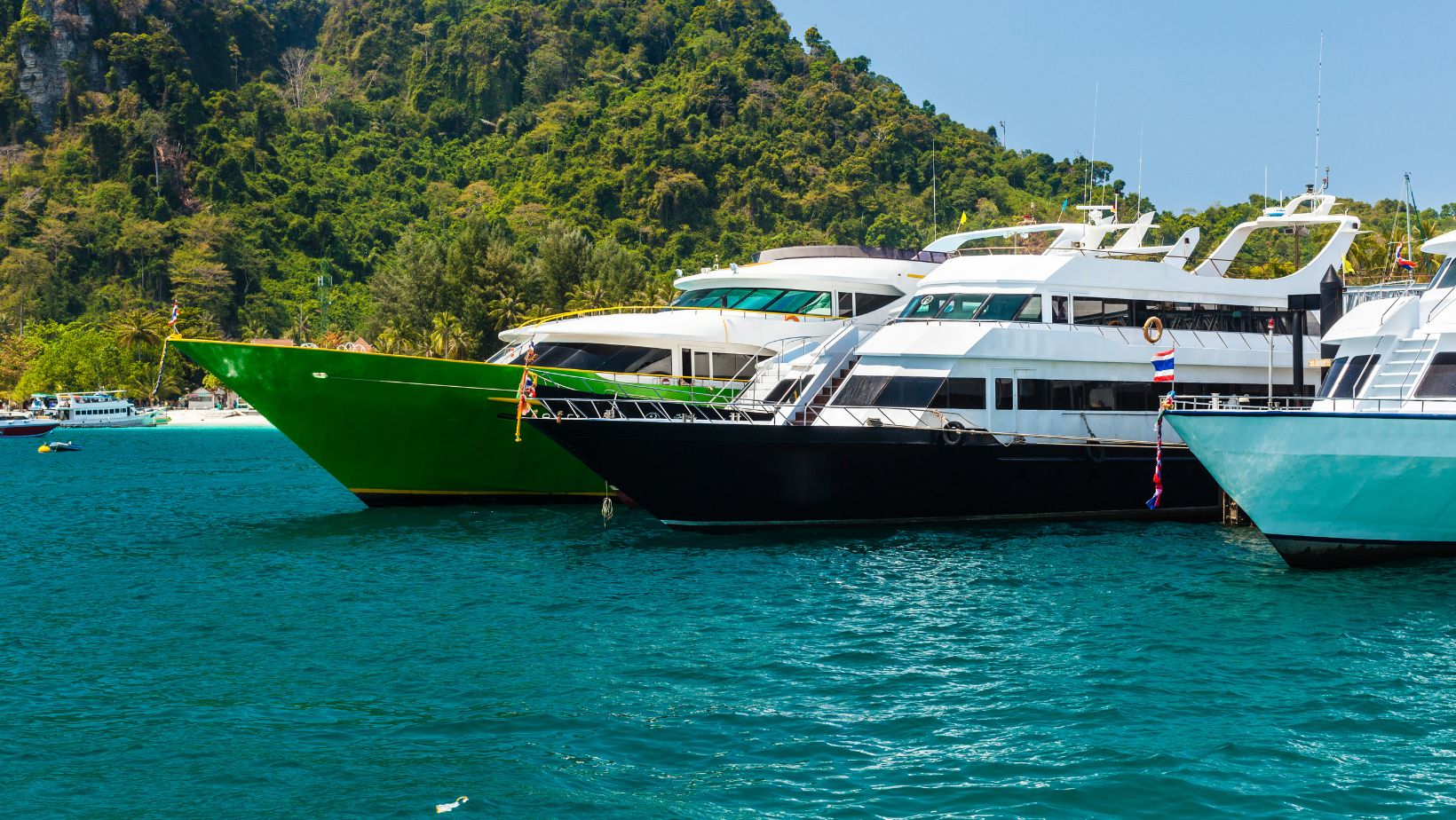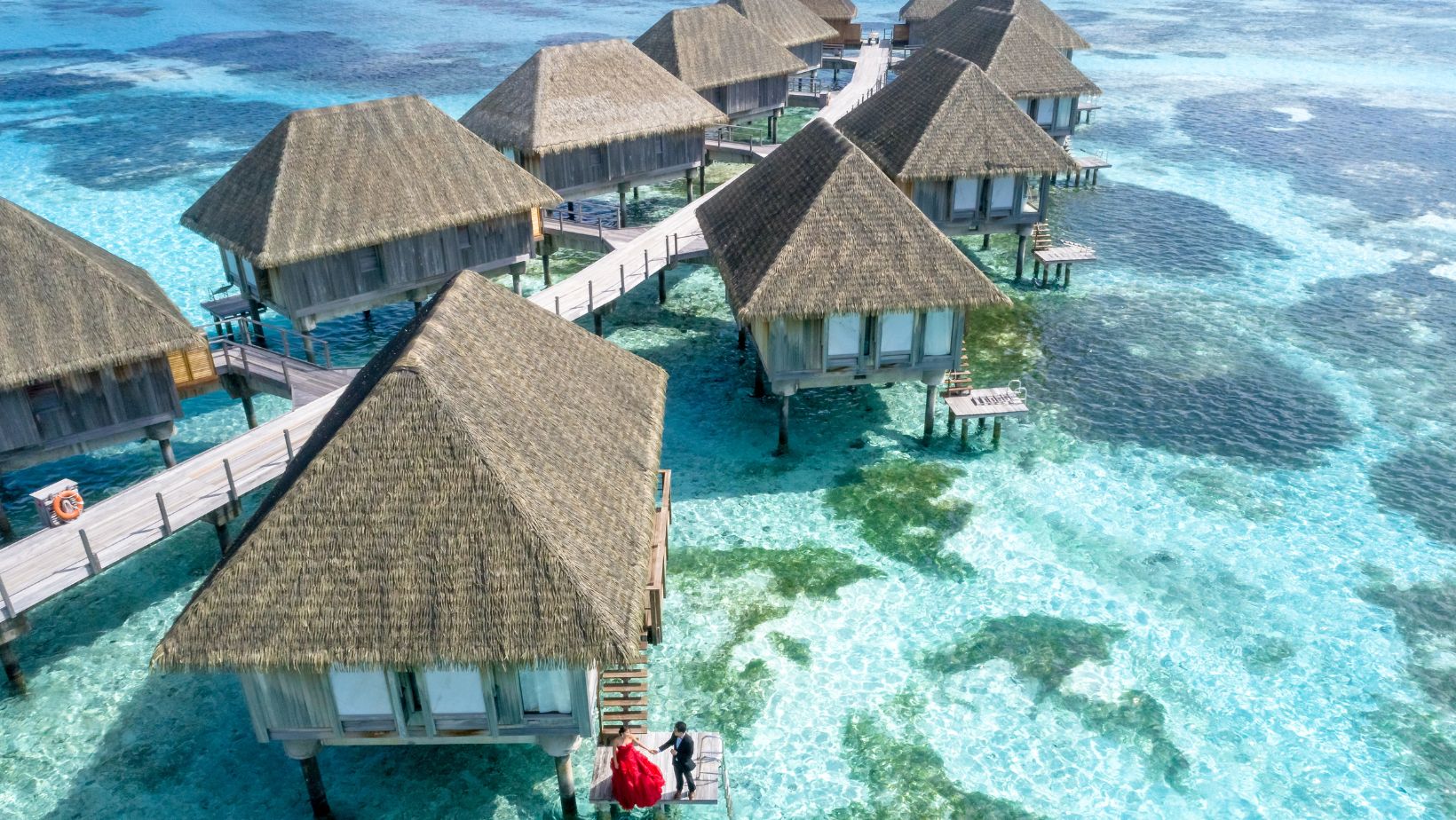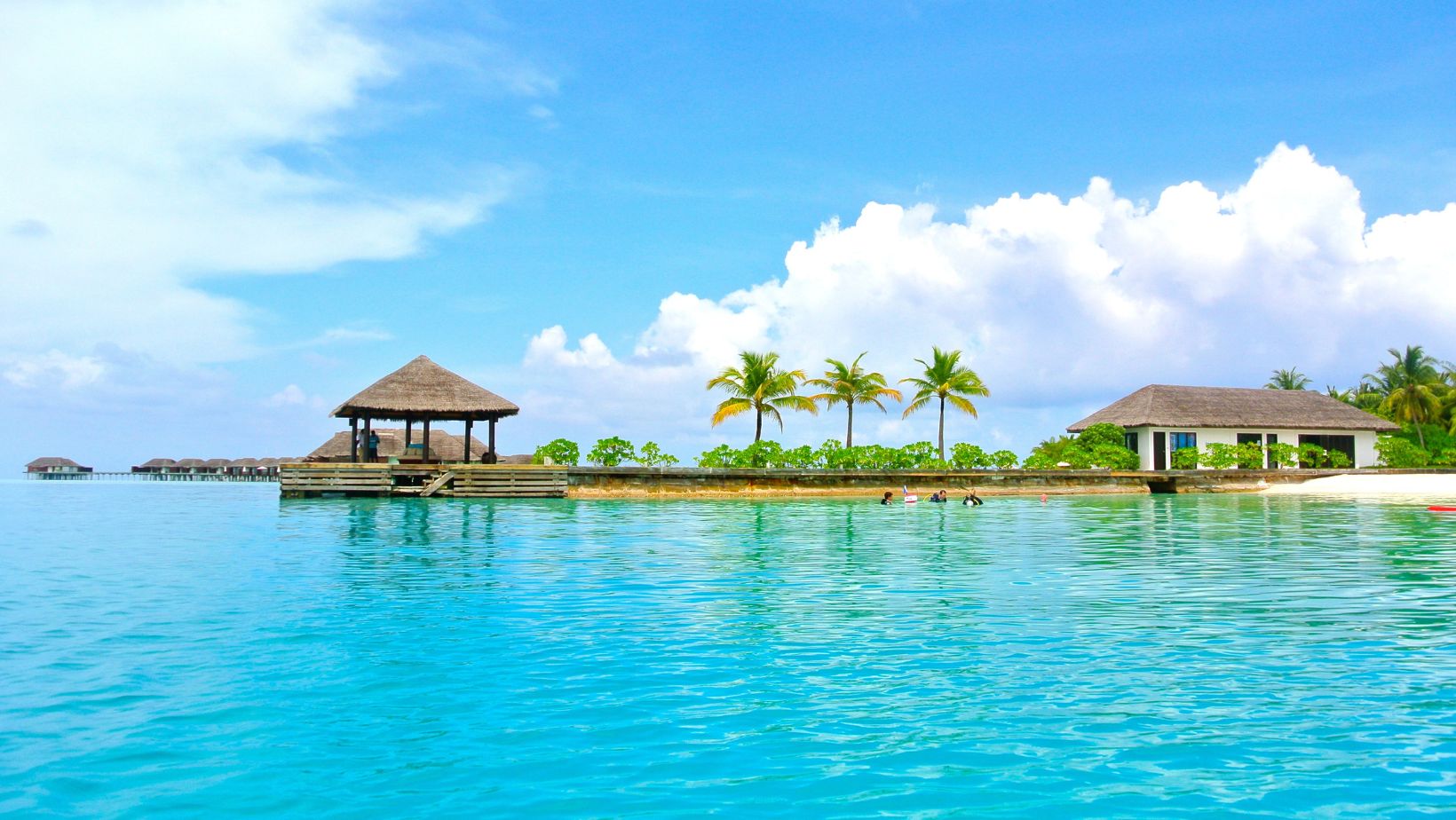In the realm of imagination, artificial paradises hold a realm of their own. They’re the utopian landscapes crafted by human ingenuity, a blend of science and art that stretches the boundaries of what’s possible. From virtual reality simulations to meticulously designed theme parks, these paradises offer an escape from reality, a taste of the extraordinary.
Yet, they’re more than mere escapism. They reflect humanity’s innate desire to create, to explore, to dream. This article delves into the fascinating world of artificial paradises, exploring their allure, their implications, and the technology that powers them. So, buckle up and prepare for a journey into the incredible world of human-made wonders.
Artificial Paradises
 Understanding artificial paradises entails digging deep into their definitions, origins, and their influence on culture and societal perception. Crafted by human minds and hearts, these paradises are wedded to the intricate nature of human psychology and aspirations.
Understanding artificial paradises entails digging deep into their definitions, origins, and their influence on culture and societal perception. Crafted by human minds and hearts, these paradises are wedded to the intricate nature of human psychology and aspirations.
Artificial paradises manifest themselves as utopian worlds crafted by human imagination and technical prowess. They range from computer-generated virtual realms to carefully curated theme parks. Their genesis roots itself in humanity’s innate desires for exploration, creation, and escapism. This concept, initially propagated in a literary context by Charles Baudelaire in his work “Les Paradis Artificiels” in 1860, resonated with the insatiable human appetite for idealized spaces of existence.
Cultural Influence and Perception
Culturally, artificial paradises hold a mirror to social aspirations and technological advancements. They, through mediums as vast as sci-fi literature, blockbuster movies, and innovative virtual reality applications, have influenced societies’ collective thought processes. Their appeal lies in the seductive prospect of escaping the mundanity of everyday life and stepping into worlds created perfect by design. The societal perception of these paradises, however, varies across different societies. Some perceive them as a necessary escapism and a testament to human innovation, while others view them as an artificial veneer covering stark realities. These different viewpoints represent the fascinating interaction between these manmade paradises and cultural influences and perceptions.
Types of Artificial Paradises
 Artificial paradises manifest in different forms, providing responses to deep-seated cravings for alternate experiences. Each kind shedding light on society’s need for illusionary yet experientially real moments. Virtual reality experiences encapsulate the essence of artificial paradises through immersive digital scenarios. These experiences, like the Oculus Rift or Samsung Gear VR, provide users an illusion of being in another world. This world, constructed with coded architectures, advanced algorithms, and high-definition visuals, offers a simulation so potent, it’s often hard to differentiate from our physical reality. Escape games, romantic getaways, or intergalactic exploration—all can be achieved within the confines of one’s living room.
Artificial paradises manifest in different forms, providing responses to deep-seated cravings for alternate experiences. Each kind shedding light on society’s need for illusionary yet experientially real moments. Virtual reality experiences encapsulate the essence of artificial paradises through immersive digital scenarios. These experiences, like the Oculus Rift or Samsung Gear VR, provide users an illusion of being in another world. This world, constructed with coded architectures, advanced algorithms, and high-definition visuals, offers a simulation so potent, it’s often hard to differentiate from our physical reality. Escape games, romantic getaways, or intergalactic exploration—all can be achieved within the confines of one’s living room.
Drug-Induced States
On the other side of the spectrum, drug-induced states form an entirely different type of artificial paradise. Substances manipulate brain chemistry, giving birth to altered states of consciousness and perception. For instance, psilocybin mushrooms or LSD are known to induce hallucinations and trigger deeply subjective, immersive experiences. While these experiences are immersed in controversies and legal discussions, their impact and pull reflect humanity’s persistent inclination towards escapist and transcendent states, despite potential risks at hand.
The Psychological Impact of Artificial Paradises
 Understanding artificial paradises requires examination of not only their cultural influences and societal implications but also their psychological impacts. From the euphoria experienced within a virtual reality set to the transcendental state induced by psychoactive substances, these cognitive alterations induced by artificial paradises wield immense power over the human psyche. There’s undeniable allure in the concept of artificial paradises, and their benefits go beyond simple escapism. Firstly, they can stimulate creativity, as seen in artists, writers, and innovators, often finding inspiration in the altered perceptions caused by these artificial paradises. Examples, such as the stunning visual effects in movies like “Inception” or “The Matrix,” underscore this facet.
Understanding artificial paradises requires examination of not only their cultural influences and societal implications but also their psychological impacts. From the euphoria experienced within a virtual reality set to the transcendental state induced by psychoactive substances, these cognitive alterations induced by artificial paradises wield immense power over the human psyche. There’s undeniable allure in the concept of artificial paradises, and their benefits go beyond simple escapism. Firstly, they can stimulate creativity, as seen in artists, writers, and innovators, often finding inspiration in the altered perceptions caused by these artificial paradises. Examples, such as the stunning visual effects in movies like “Inception” or “The Matrix,” underscore this facet.
Secondly, these manipulated realities also offer therapeutic effects, particularly when it comes to virtual reality applications. They’ve been explored as effective tools for mental health therapies, such as exposure therapy for PTSD and anxiety disorders.



